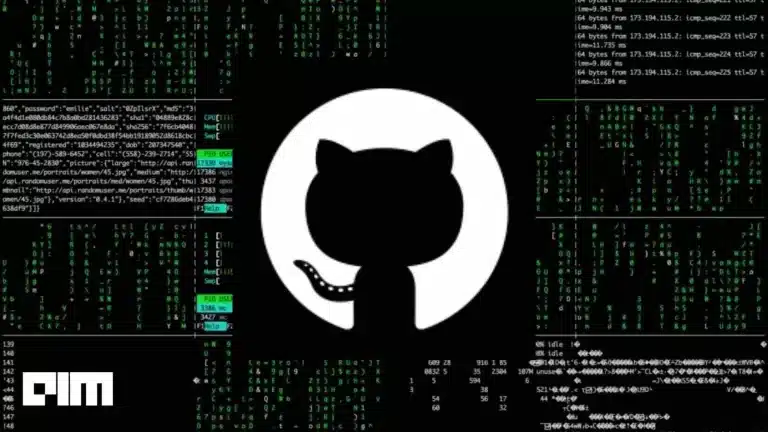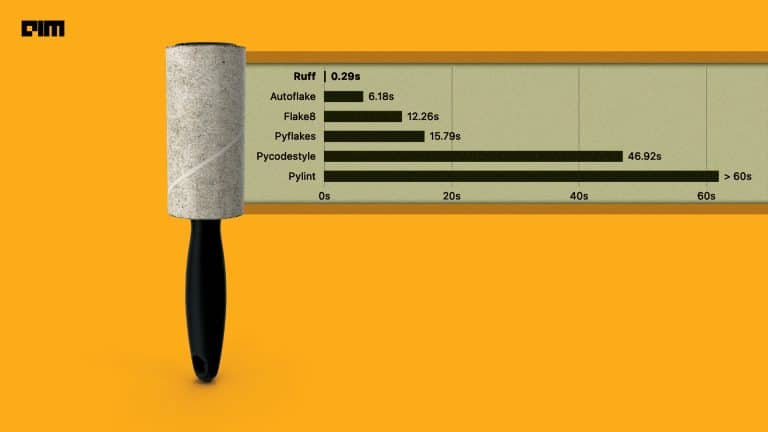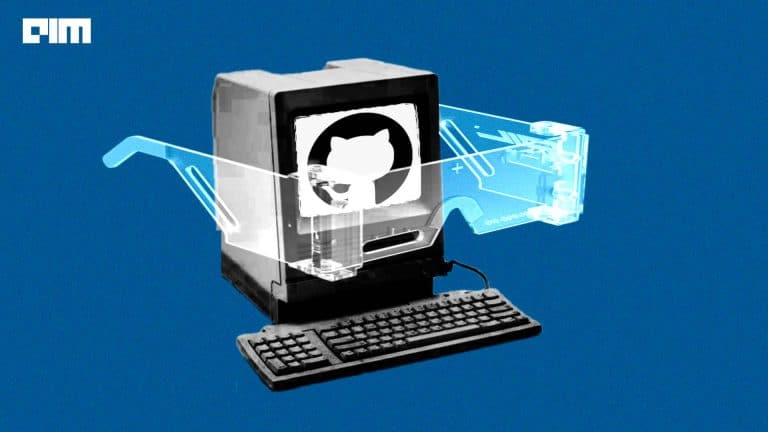Python is one of the heavily used programming languages in data science. In the State of the Octoverse report by GitHub for the year 2018, Python is placed at the third position following JavaScript and Java. The information on this article has been cited from the original documentation and the sources are also cited inside.
In this article, we list down 10 Python repositories in GitHub for the year 2019.
(The list is in no particular order)
1| scikit-learn
scikit-learn was initially developed by David Cournapeau as a Google summer of code project in 2007 and it provides a range of supervised as well as unsupervised learning algorithms through a constant interface in Python. scikit-learn comes with a few standard datasets, for instance, the iris and digits datasets for classification and the boston house prices dataset for regression. It has the following features mentioned below
- Simple and efficient tools for data mining and data analysis
- Accessible to everybody, and reusable in various contexts
- Built on NumPy, SciPy, and matplotlib
- Open source, commercially usable – BSD license
Click here to know more.
2| Flask
Flask is a lightweight WSGI web application framework. It is designed to make getting started quick and easy, with the ability to scale up to complex applications. It provides you with tools, libraries, and technologies that allow you to build a web application. It began as a simple wrapper around Werkzeug and Jinja and has become one of the most popular Python web application frameworks. Flask is part of the categories of the micro-framework which means it is a framework with little to no dependencies to external libraries.
Click here to know more.
3| Keras
Keras is a high-level neural networks API, written in Python and capable of running on top of TensorFlow, CNTK, or Theano. It was developed with a focus on enabling fast experimentation. It allows for easy and fast prototyping (through user friendliness, modularity, and extensibility), supports both convolutional networks and recurrent networks, as well as combinations of the two as well as runs seamlessly on CPU and GPU. Keras is compatible with: Python 2.7-3.6.
Click here to know more.
4| Sentry
Sentry is an open-source error tracking tool which helps you monitor and fix crashes in real time. The server is in Python, but it contains a full API for sending events from any language, in any application. For pairing Sentry up with Python you can use the Raven for Python (raven-python) library. It is the official standalone Python client for Sentry. It can be used with any modern Python interpreter be it CPython 2.x or 3.x, PyPy or Jython.
Click here to know more.
5| Django
Django is a free and open-sourced high-level Python web framework which encourages rapid development and clean, pragmatic design. Built by experienced developers, it takes care of much of the hassle of Web development, so you can focus on writing your app without needing to reinvent the wheel. It is designed to help developers take applications from concept to completion as quickly as possible and helps developers avoid many common security mistakes.
Click here to know more.
6| Ansible
Ansible is an IT automation tool. It can configure systems, deploy software, and orchestrate more advanced IT tasks such as continuous deployments or zero downtime rolling updates. Ansible’s main goals are simplicity and ease-of-use. It also has a strong focus on security and reliability, featuring a minimum of moving parts, etc. Ansible is written in Python, but you can write modules in any language.
Click here to know more.
7| Tornado
Tornado is a Python web framework and asynchronous networking library, originally developed at FriendFeed. By using the non-blocking network I/O, Tornado can scale to tens of thousands of open connections, making it ideal for long polling, WebSockets, and other applications that require a long-lived connection to each user.
Click here to know more.
8| Pandas
Pandas is a Python package providing fast, flexible, and expressive data structures designed to make working with “relational” or “labeled” data both easy and intuitive. It aims to be the fundamental high-level building block for doing practical, real-world data analysis in Python. It includes features such as easy handling of missing data in floating point as well as non-floating point data, automatic and explicit data alignment, flexible reshaping and pivoting of datasets, etc.
Click here to know more.
9| Matplotlib
Matplotlib is a Python 2D plotting library which produces publication-quality figures in a variety of hardcopy formats and interactive environments across platforms. Matplotlib can be used in Python scripts, the Python and IPython shell, web application servers, and various graphical user interface toolkits. You can generate plots, histograms, power spectra, bar charts, error charts, scatterplots, etc., with just a few lines of code.
Click here to know more.
10| Zulip
Zulip is a powerful, open source group chat application that combines the immediacy of real-time chat with the productivity benefits of threaded conversations. Written in Python and using the Django framework, Zulip supports both private messaging and group chats via conversation streams. Zulip is used by open source projects, Fortune 500 companies, large standards bodies, and others who need a real-time chat system that allows users to easily process hundreds or thousands of messages a day. With over 300 contributors merging over 500 commits a month, Zulip is also the largest and fastest growing open source group chat project.
Click here to know more.


















































































